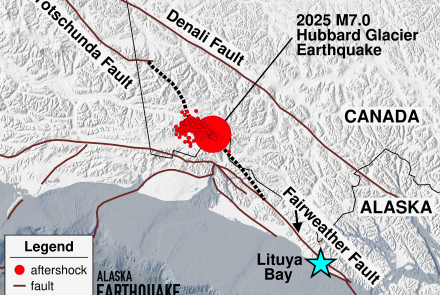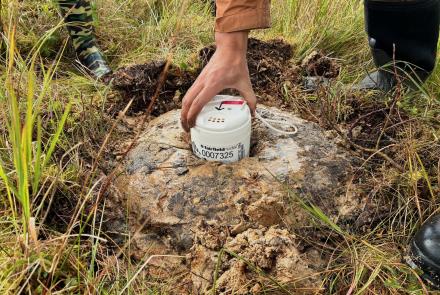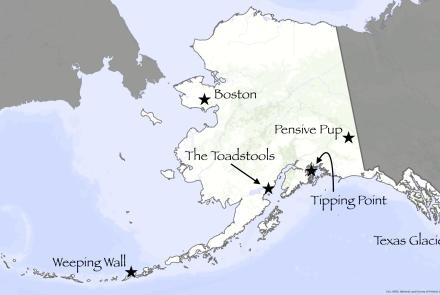The Mosquito: Who Needs It?
In these ecology-minded days, we are constantly reminded that everything has its place, and to disturb a single thread in Nature's fabric is to risk unraveling us all.
Every link in the food chain is vital, we learn. Yet, during the moist days of early summer, it is difficult to find even the most dedicated environmentalist who will stand up for the pesky mosquito.
Who needs it? What is it good for? Why was it ever invented? Even people who enjoy the graceful flight of swallows admit the birds can eat other insects--and note that mosquitoes are eager to dine on nestling swallows.
A rather sketchy off-the-cuff sampling of opinions from several experts within the university system reveals that nobody is really sure what would happen if all the mosquitoes on earth were to disappear overnight. Since we'll never know, I'd like to list just a couple of the more interesting comments that I received.
Dr. Richard (Skeeter) Werner, an entymologist with the Institute of Northern Forestry, feels that the mosquito probably plays its most important function as an aquatic link in the food chain of fish while it is still in its larval and pupal stages.
Dr. Mark Oswood, a biologist with the University's Institute of Arctic Biology, agrees that the aquatic stages of the mosquito are probably when they are the most valuable in the animal food chain, and he also includes wading birds such as cranes as animals whose diets they supplement.
Mosquitoes are also important pollinators, as a large part of their diet consists of plant nectar. But as a product in the animal food chain, Oswood puts the matter into neat perspective when he says that mosquito larvae might be pictured as: "small machines that transform algae, bacteria and organic matter into compact packages of protein."
I forgot to ask what they transformed my blood into.




